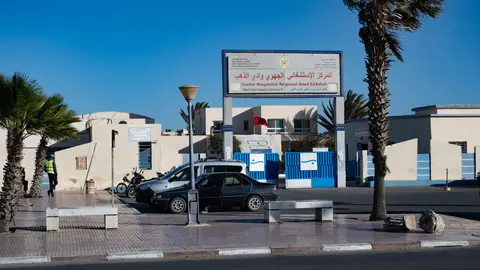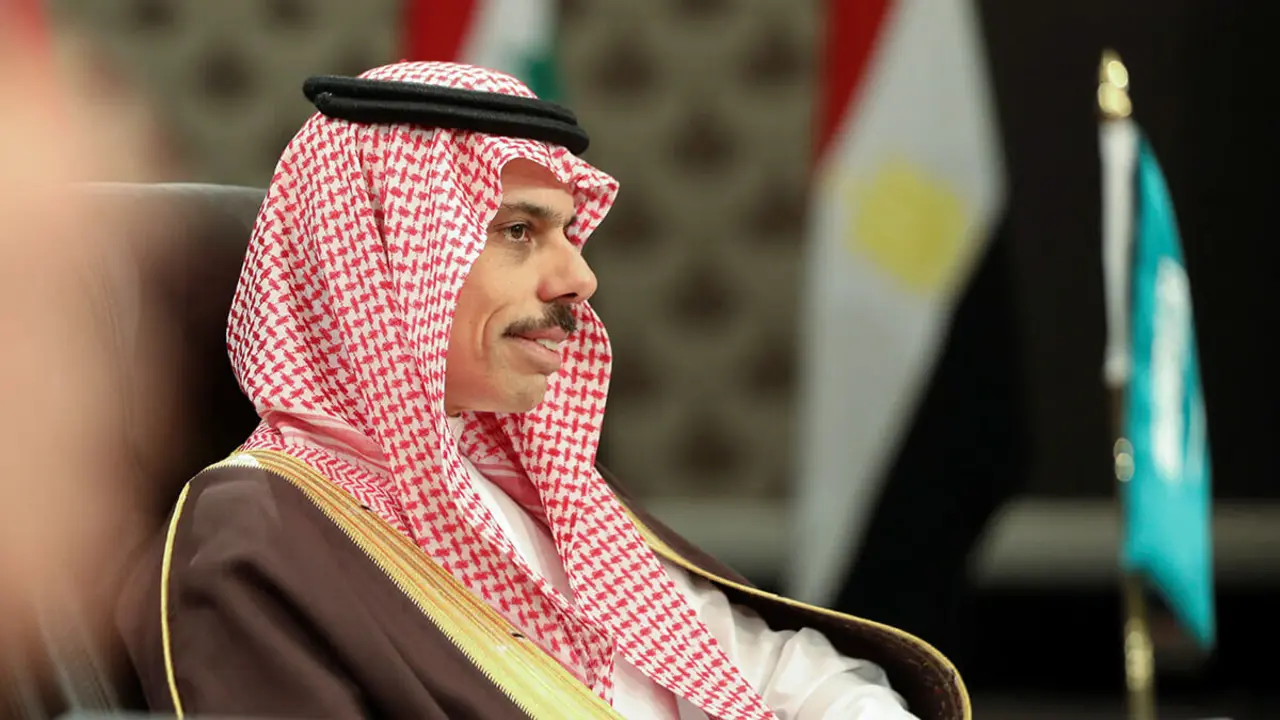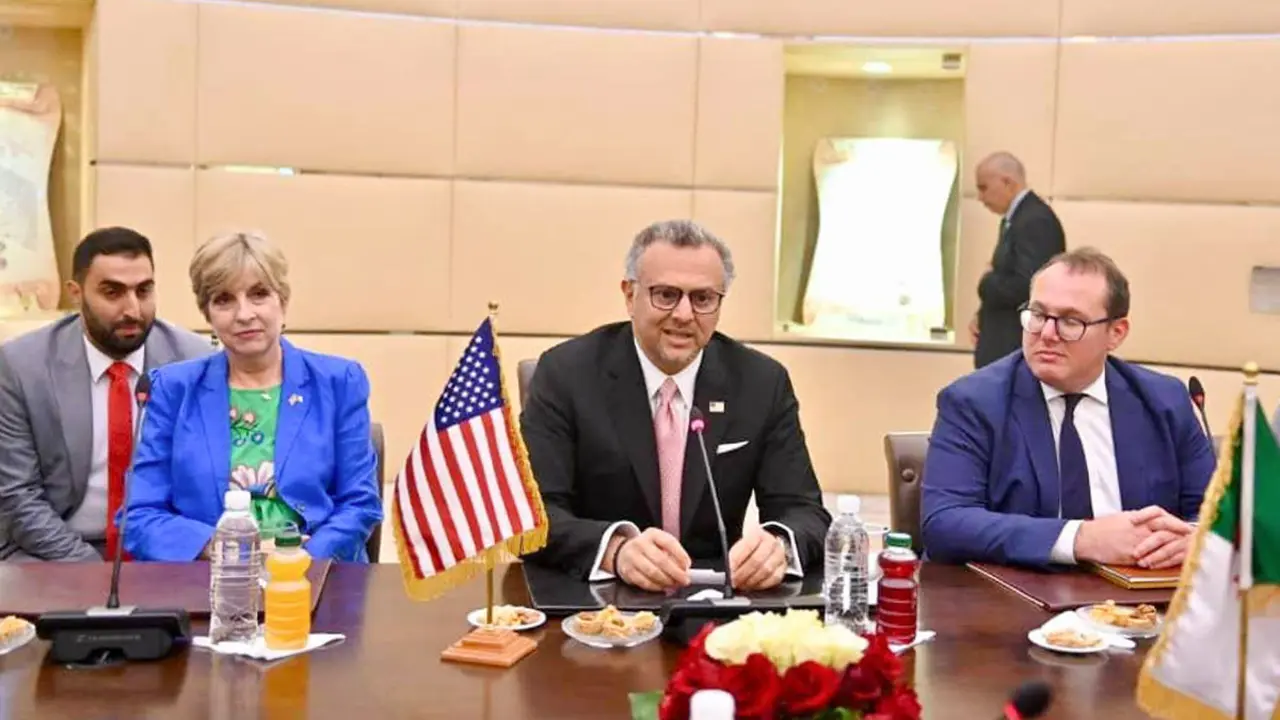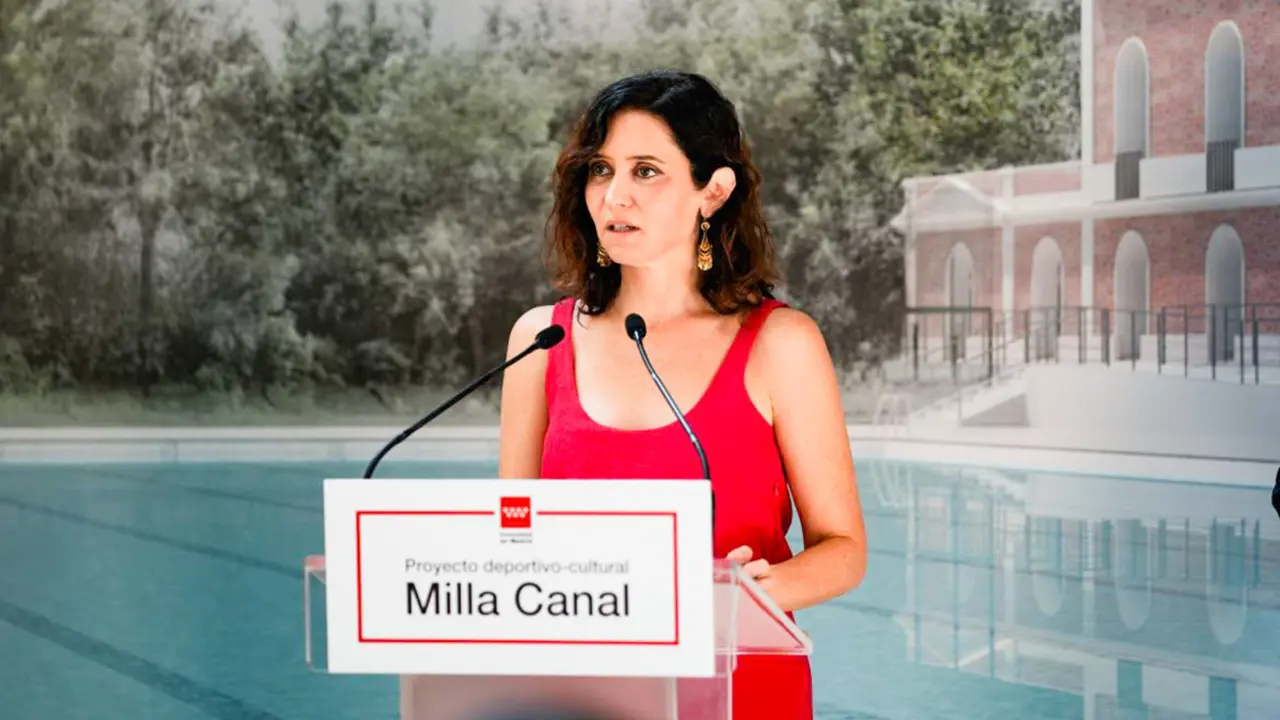Morocco promotes comprehensive healthcare reform to strengthen access to and quality of healthcare services

The Moroccan government, led by Prime Minister Aziz Akhannouch, has intensified its efforts to modernise the healthcare system, relying on pillars such as digitisation, infrastructure reinforcement and the expansion of the healthcare workforce, with the aim of offering more accessible and quality medical services.
Within the framework of the Royal Programme of Social Protection, Morocco is developing an ambitious plan that seeks to transform the public health system in response to the aspirations of the citizens and in line with the vision of King Mohammed VI.
In this regard, Prime Minister Aziz Akhannouch emphasised that the strategy is based on four fundamental pillars: the activation of governance institutions, the continuous development of infrastructures, the digitisation of the sector and an increase in the number of healthcare professionals.
During a recent meeting to evaluate the programme's progress, Akhannouch emphasised the importance of guaranteeing a public health service that not only meets Moroccans' expectations but also reinforces the foundations of the welfare state. In this context, ongoing projects were reviewed, including the construction, expansion and refurbishment of six university hospitals and 79 regional and provincial hospitals, which will add 11,338 new beds to the national hospital capacity.
Another crucial axis is the digitisation of the national health system, which will be achieved through an integrated information system to collect, process and use essential data from the health sector. To guarantee financial efficiency, a collaboration agreement is expected to be signed between the Ministry of Health and Social Protection, the Ministry of Economy and Finance and the National Social Security Fund.
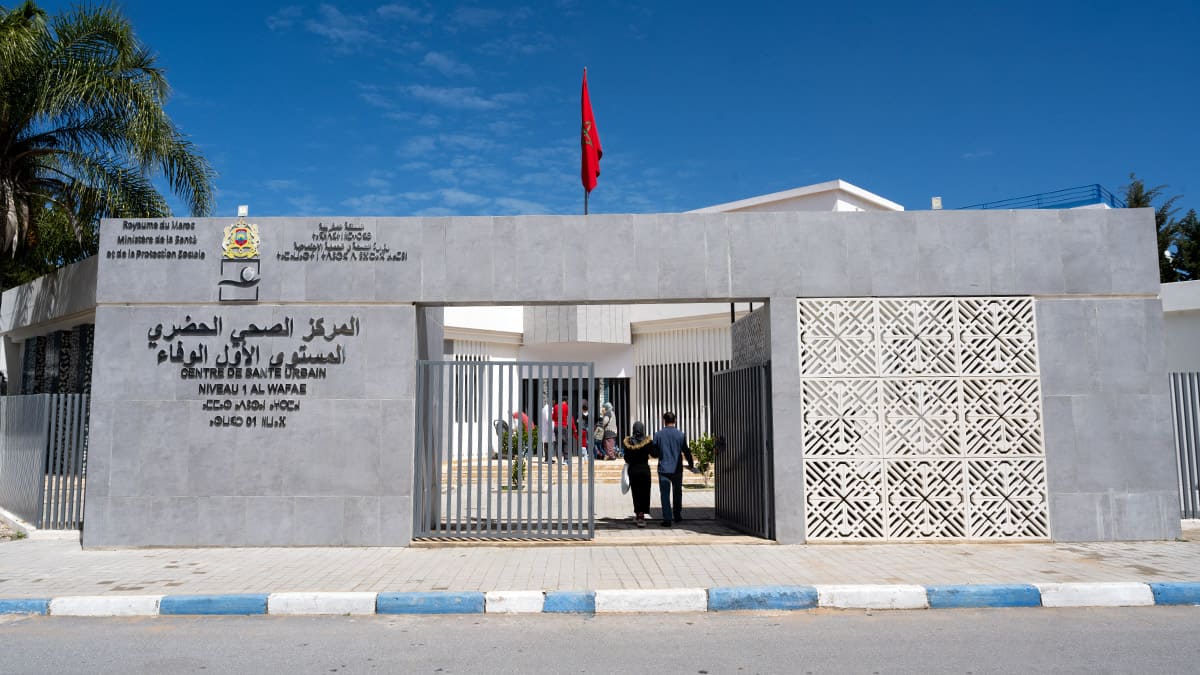
In parallel, the Moroccan government has launched a programme to increase the number of health professionals, with a view to mitigating staff shortages and reforming the training system. This includes the creation of new medical and pharmacy faculties in Guelmim, Errachidia and Beni Mellal.
Tayeb Hamdi, a researcher in health policy and systems, pointed out that the health programmes promoted by King Mohammed VI represent a social revolution, as they consider health not only as a social sector, but as a key lever for the country's development. Hamdi warned, however, that in order to overcome the remaining challenges, it is essential to improve the quality of services and ensure territorial equity in access to medical care.

Despite this progress, the plan has faced criticism, mainly due to the transfer of the health insurance programme to the private sector, as pointed out in the latest report of the Higher Council of Audit, which revealed that 74% of the expenses invoiced within the framework of the compulsory health insurance go to the private sector, leaving barely 26% to public hospitals.
With the implementation of these projects, Morocco hopes to build a more inclusive and efficient healthcare system, which will not only raise the quality of medical care, but also contribute to social and territorial justice, in line with the vision of an emerging and promising country.

